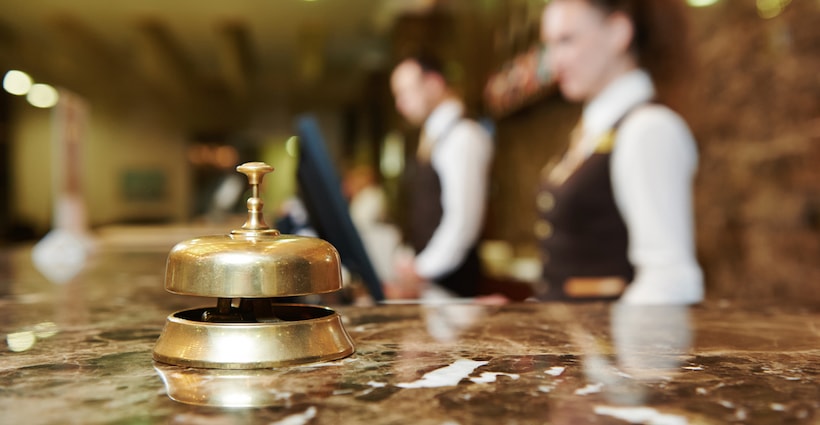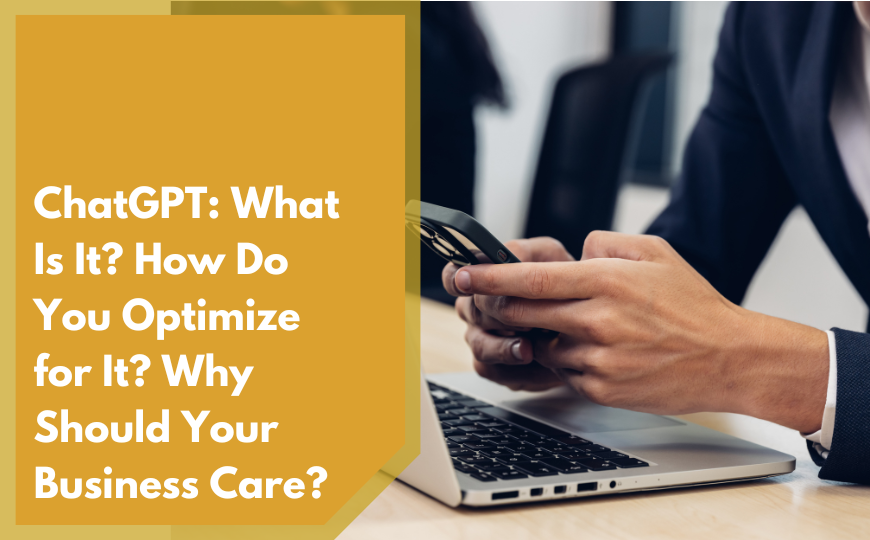Loyalty occurs when a customer feels so h4ly about your hospitality company that other choices are almost never considered. These customers often start referring to your organization as their restaurant, hotel or entertainment venue. Loyal customers tell managers when problems occur expecting that they will be resolved. These customers have an emotional attachment to the organization, and they are the ones who come back often, spend more and should create a majority of a company’s revenue. The digital marketing team plays an important role in moving customers from satisfied to loyal. Here are some ways that hospitality marketing can increase customer loyalty.
Increased Customer Service
Hurried travelers want to be able to easily reach customer service when a problem arises. The key lies in offering customers as many ways to reach a representative that is equipped to handle problems in as possible. Chat and text features allow travelers in noisy airports and other locations to get help quickly. Your company’s phone number should be prominent on every webpage. Do not expect the traveler to remember a local number when they call about a problem at a local facility but be able to put them on a brief transfer hold. Customers expect to not have to tell their story three or more times to have it resolved, so make sure that everyone on the team is empowered to act in the customer’s behalf. In order to build great customer service, use your marketing team to go above your customer’s expectations. For example, one hotel in a very popular area sends short messages to their loyal customers reminding them to book well before popular seasons despite the fact that the hotel would easily fill up without them. Raising your customer return rate by just five percent can increase your profits between 25 and 95 percent as these customers.
Easy-to-use Website
While your website should be responsive and easy to use, there are other ways that you can use it to use hospitality marketing to build customer loyalty. For example, if you run a hotel, then you know that one of the chief complaints is having to go to the front desk to get a zeroed-out receipt. Instead, consider allowing loyal customers to get this receipt on your website. Your website can also be a great place to share news about other benefits you provide your loyal customers. You may even want to create special landing pages allowing these customers to check-in remotely. Even if it costs you a little bit, these customers should be the backbone of your business.
Reward Customers for Referrals
Everyone likes a pat on the back when they do something to help build your business. Make it easy for them to tell their friends about the great time they had at your event or venue. Then, give them a small discount or other incentives for encouraging their friends to stay with you too. After all, who knows people like themselves better than your loyal customers. This is a great way to build a business while costing you very little. Use a social listening tool to monitor these conversations and thank them for sharing about their experience with your company.
Loyalty Programs
There is a difference between loyalty and frequency programs. Hospitality loyalty marketing programs help build an emotional attachment to your brand while frequency programs reward customers who visit you often. The problem with frequency program is that once the customer has earned a reward, then they become fair game for your competitor to steal away from you. Therefore, find ways to build a loyalty program into your digital marketing. For example, you may have a special email designed to go to these customers assuring them that their favorite room is being prepared for them and the minibar stocked with their favorite drinks. The key to successfully implementing this idea into your hospitality loyalty marketing starts with creating a survey to harvest this information.
Use your own ingenuity to tailor these four key takeaways to your own individual circumstances. The reward is that you will build an emotional tie with your most loyal customers that is extremely difficult to break.






